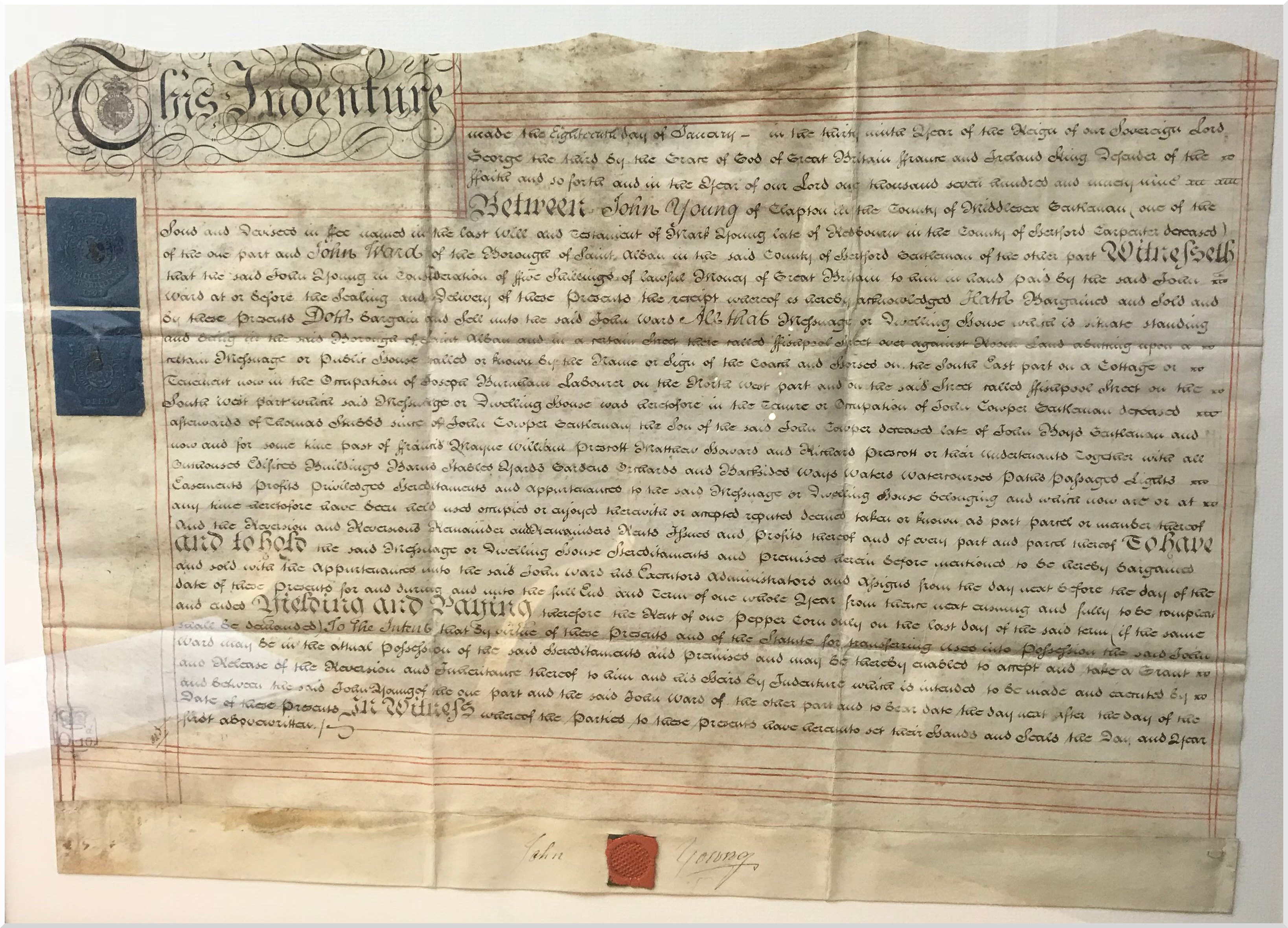As Pre-Nuptial Agreements become increasingly popular, we thought it may be helpful to give a little more information on what they are, when they may be necessary, and ultimately whether they are appropriate for you?
Pre-nuptial Agreements, or Pre-Nups, are essentially a contract signed by both parties before getting married. The contract, or agreement, sets out what is to happen to their respective assets in the (fingers crossed, unlikely) event that they separate and divorce. The agreement should establish what assets there are at the date of the agreement, who owns them and what will happen to them, but it should also plan for the division of any future assets the parties acquire over the course of their marriage.
There is no hard and fast rule as to when a couple should consider a Pre-Nup. Generally, they are utilised when one party (or their family) has substantially more wealth than the other, where both parties have significant assets, or where at least one of the parties is a beneficiary of a trust. They are also increasingly common among couples marrying for the second time. Having said that, anyone can ask for a Pre-Nup and the document’s importance is the same, regardless of the assets available.
Pre-Nups offer some security and protection. They give the parties peace of mind of knowing what is likely to happen in the event of their separation; rather than starting from scratch and arguing about every asset, a Pre-Nup gives a starting point, either to follow directly or to work from. Some have described it as a form of insurance – you insure your house, contents, car, or any other asset of significance, even though the chances are relatively slim that they will be lost or damaged, so why not insure your respective assets in the event of the same happening with your marriage?
There are a number of other factors to consider and whether a Pre-Nup is appropriate for you really depends on your specific circumstances. If you would like further information and advice, please call one of our family solicitors to arrange an appointment.





